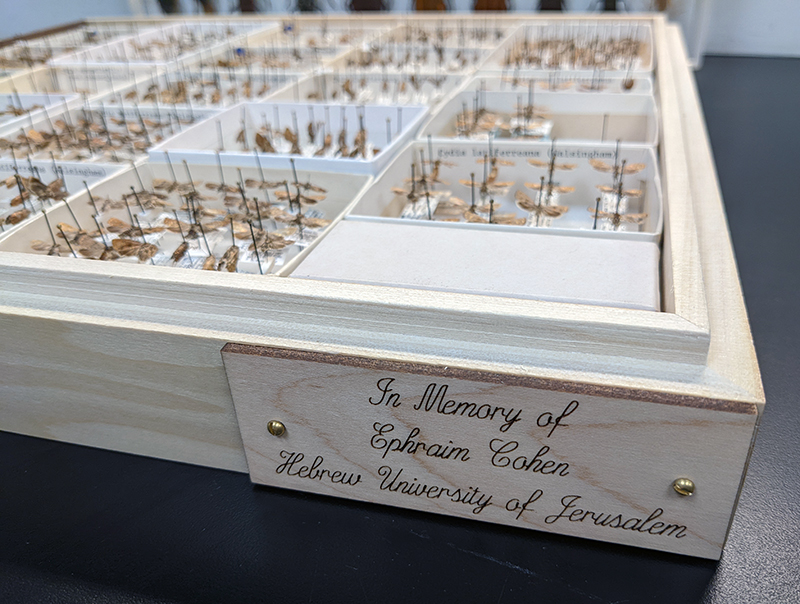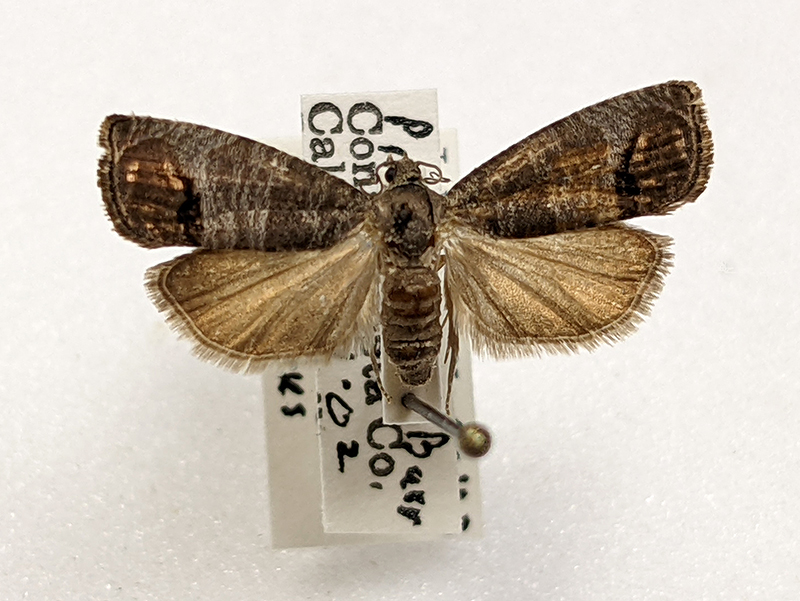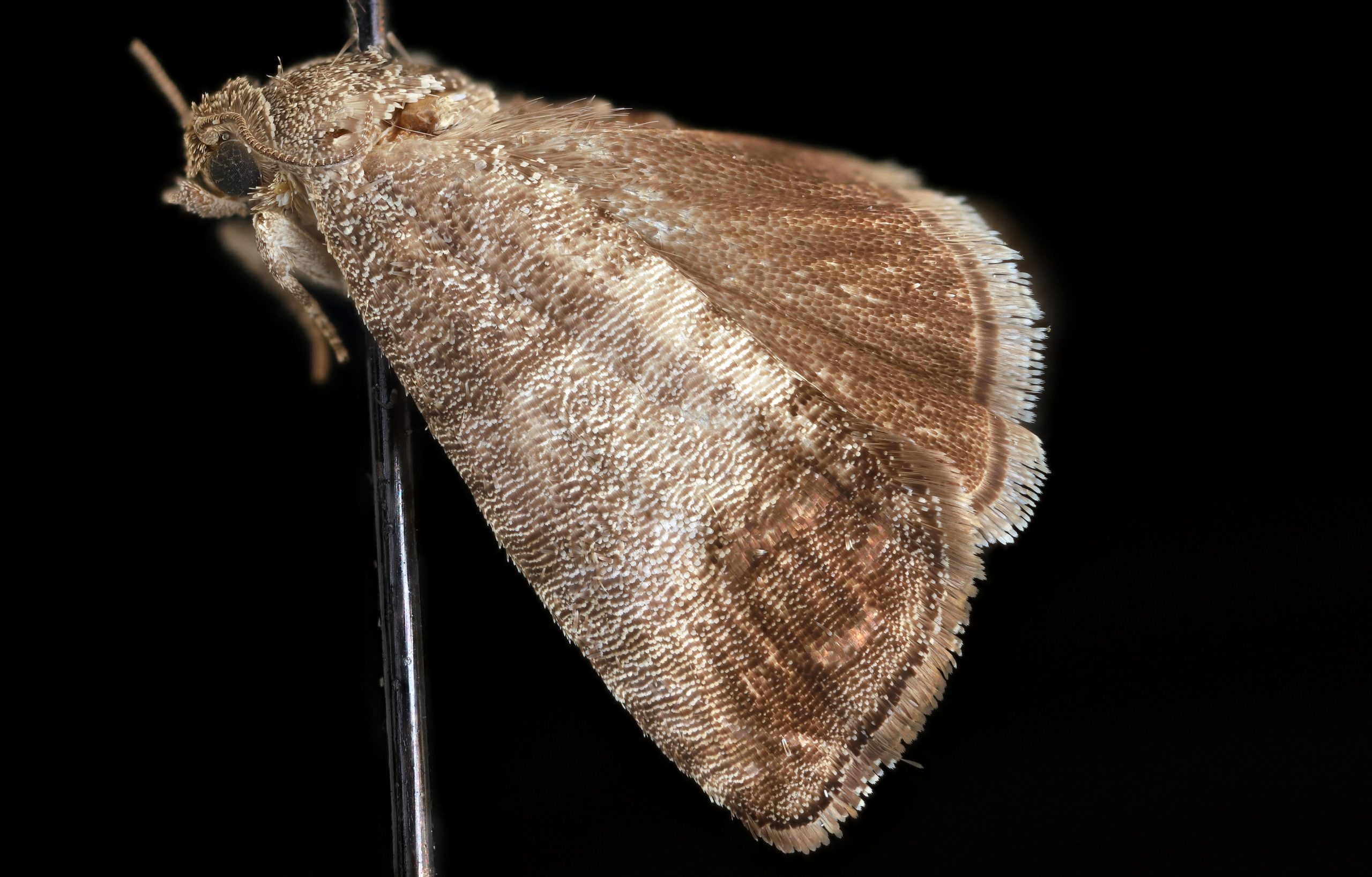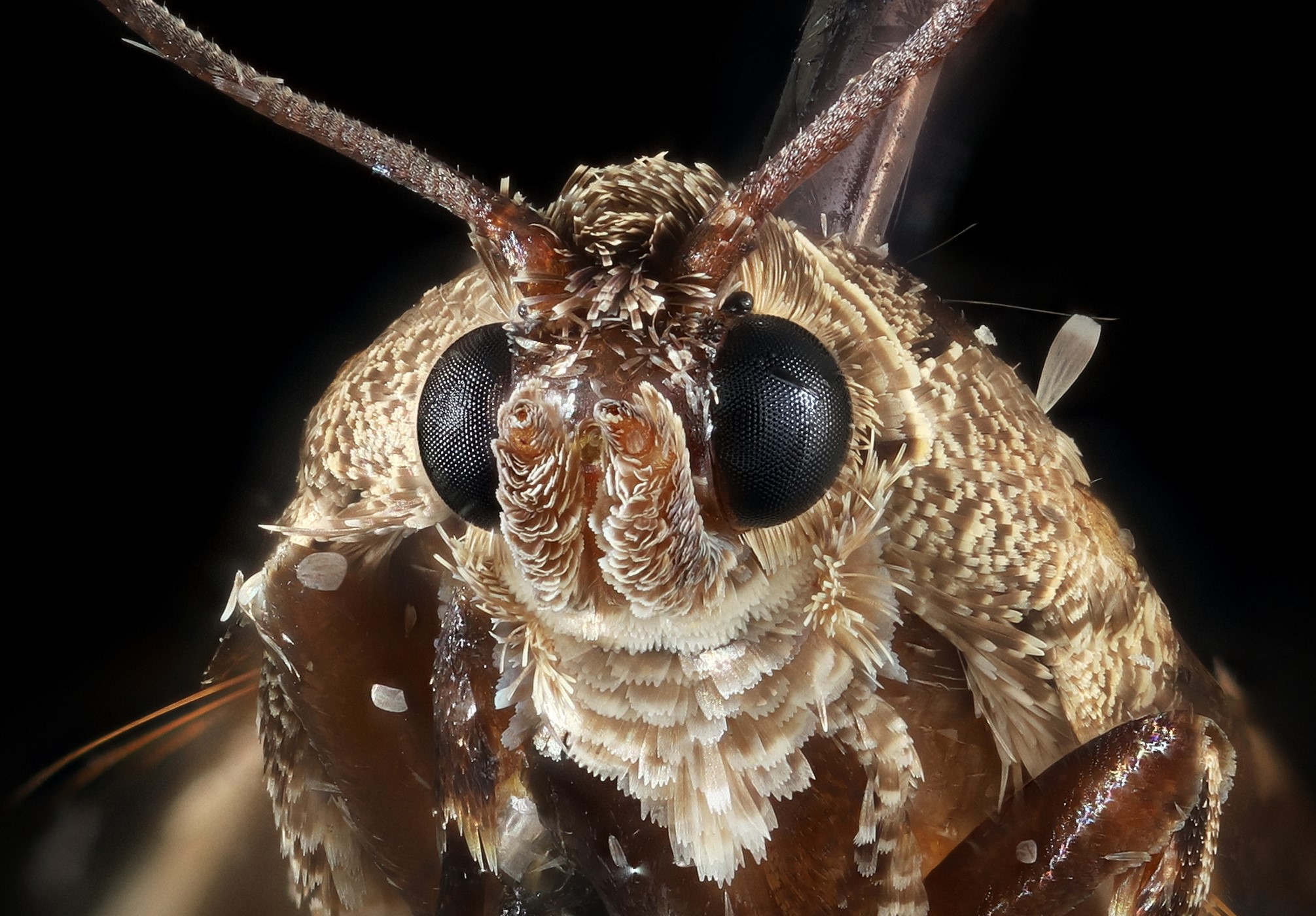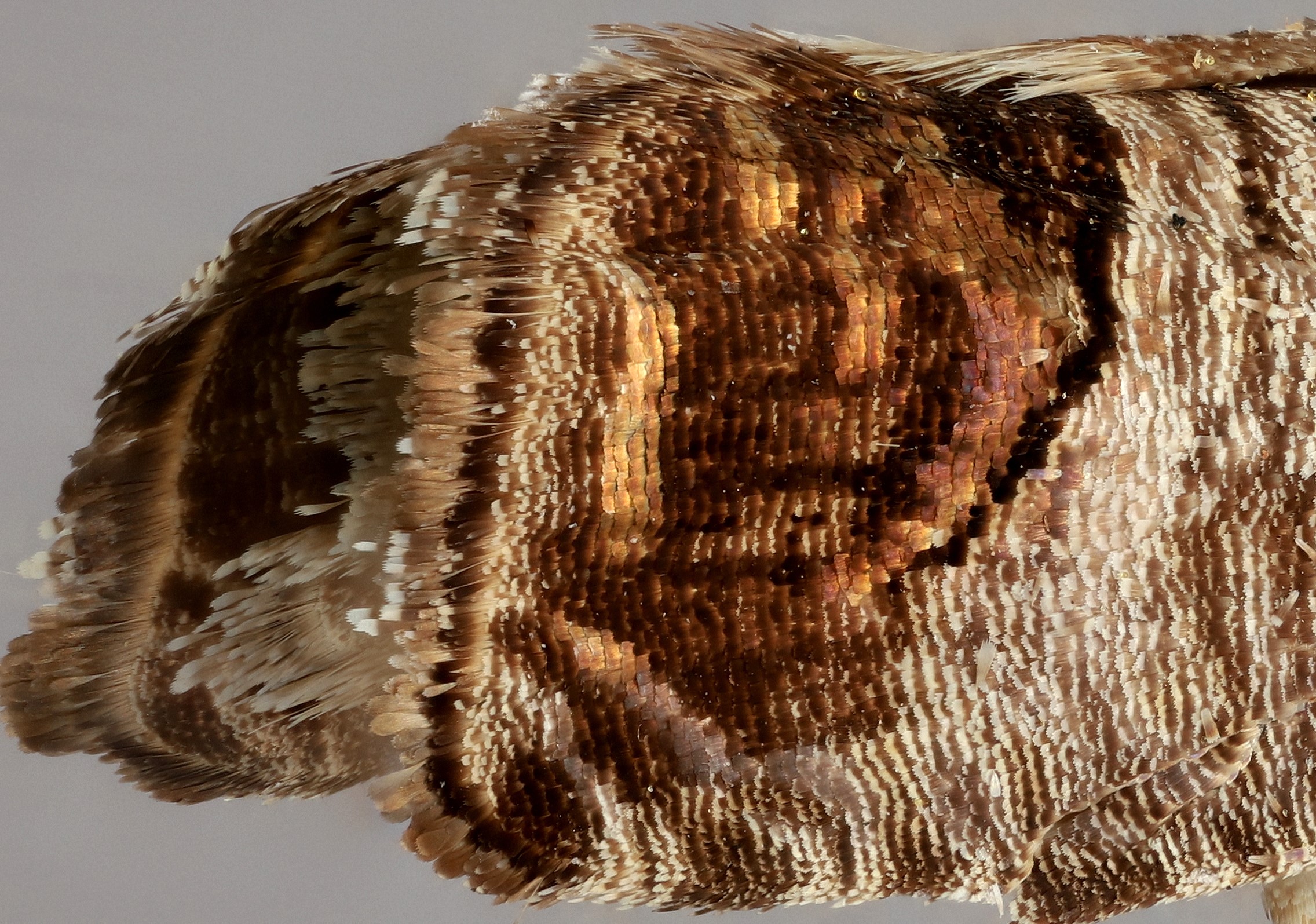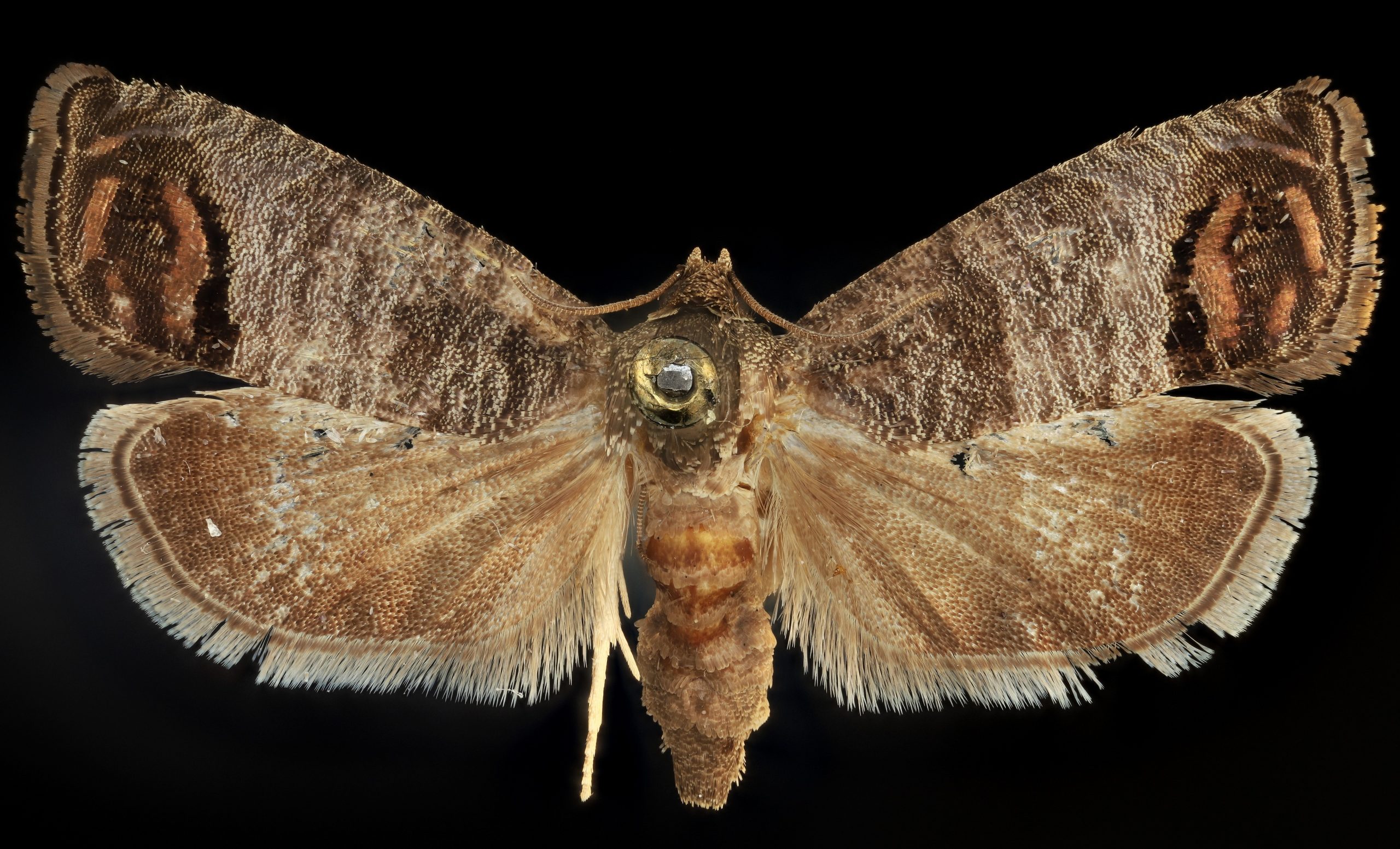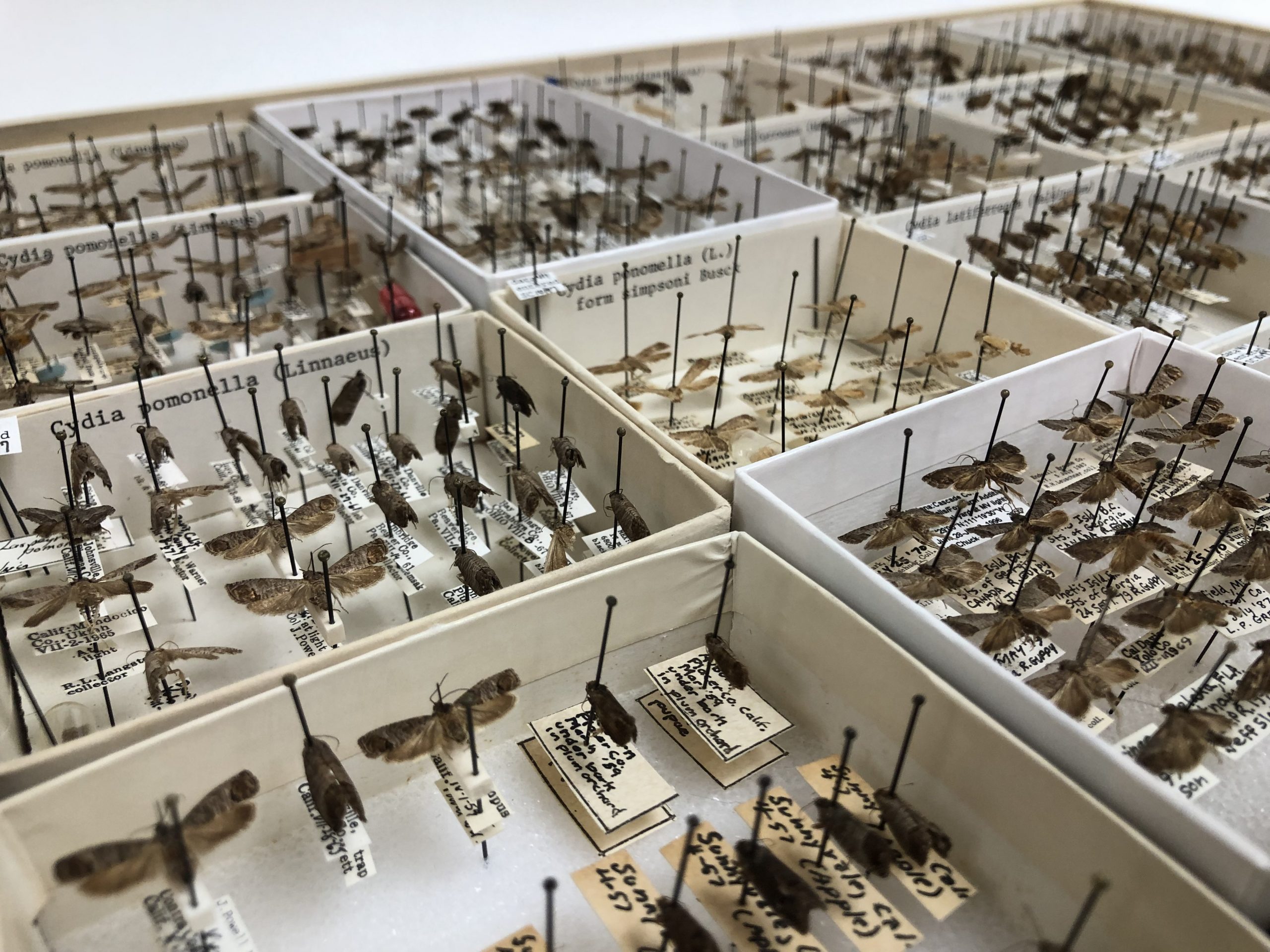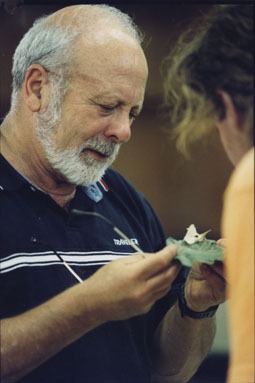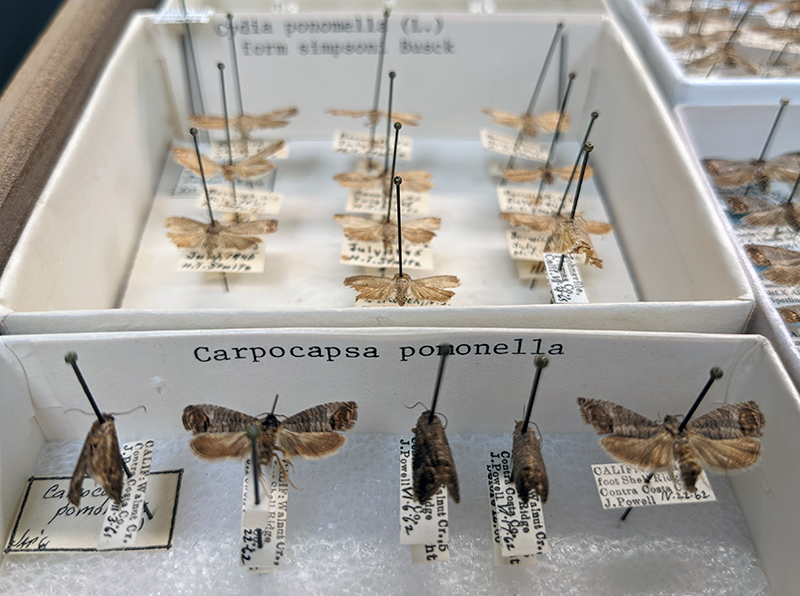DR. EPHRAIM COHEN – Biology of Pest Insects
Codling moth – Cydia pomonella (Linnaeus, 1758) (Lepidoptera: Tortricidae)
Memorial translated from The Hebrew University of Jerusalem:
Ephraim Cohen was born in Petah Tikva in 1939. After his military service, he studied at the Faculty of Agriculture of the Hebrew University of Rehovot, where he received his bachelor’s degree (1962). His dissertation for the degree of Agricultural Sciences (1964) under the guidance of Prof. M. Free from the Ministry of Agriculture, clearly dealt with the role of a fungus that causes black heart disease in the center of the banana fruit. In 1965 Ephraim was a regional guide (streets) in plant protection.
His research for the “Doctor of Philosophy” (1970) was conducted under the guidance of Prof. C. Levinson in the Department of Organic Chemistry of the Hebrew University of Jerusalem. These studies have dealt with the mechanisms of action of various biological substances that can be used to eradicate harmful insects. At that time Ephraim was a research student in the same department and was also employed as a teaching instructor and researcher.
Ephraim did his postdoctoral training (1970-1972) in the Department of Biological Sciences at Northwest University, Evanston, Illinois where he studied the activity of insect hormones at cell levels. Upon his return to Israel (1972), he was employed for several years as a lecturer in insect physiology and general biology in the Department of Zoology at Tel Aviv University. There he continued to study the different effects of insect hormones and also researched the levels and effects of different enzymes in insects that have developed resistance to various pesticides or are still sensitive to such substances. During this time he visited a number of important laboratories, including that of Prof. P. Joly in Strasbourg, France and also in the Department of Genetics at the University of Cambridge in England where he studied the effect of hormones on the giant chromosomes of Drosophila flies. In 1977 during a sabbatical at the University of California, Berkeley was in the lab of Prof. J.E. Casida and investigated the effect of insecticides on the building of insecticides. Ephraim also conducted seminars in his areas of expertise at a number of research institutions, including the Faculty of Agriculture in Wageningen Netherlands and the Department of Zoology in Bern, Switzerland.
In 1978, Ephraim moved to the Department of Entomology in the Faculty of Agriculture of the Hebrew University with the rank of Senior Lecturer. In 1985 he was promoted to associate professor and in 1990 to full professor. During the years 1986-1989 Ephraim served as chairman of the Department of Plant Protection, in the years 2000-2003 he served as the director of the Department of Entomology and in the years 2001-2002 he chaired the steering committee for biological and chemical residues in animal food on behalf of the Ministry of Agriculture. In 2004 he was appointed to the Morris Helen Mauerberger Chair in Agricultural Entomology. Throughout this period, Ephraim continued his research in collaboration with many researchers at various research institutions both in Israel and abroad.
The main areas of research included issues in the resistance of pests (insects and mites) to pesticides and related biochemical mechanisms, including the processes of pesticide decomposition, the action of insecticides and their effect on pests and their natural enemies. Other topics included biochemistry and biochemistry. And the genes associated with it, the activity of entomopathogenic fungi in the biological pest control of pests, the increase in the damage of certain mites due to sprays in chemical pesticides, and also the biological clock in fruit flies. In 1985 he co-authored with Dr. L. Margolis and Dr. H. Rosen, a patent for the stabilization of pesticides exposed to light. His research in the above field earned him an award from the Pesticide Research and Development Foundation in 1987, and in 1993 Ephraim received a special scholarship from the Japanese Society for the Advancement of Science (JSPS).
Ephraim has won a number of large research grants from the Hebrew University, the Batsheva de Rothschild Foundation and Tel Aviv University, all for research into the feeding of insects and their hormones. Ephraim has published many articles in his fields of specialization, alone, with his students and with colleagues from abroad. He has also published a number of reference books.
Ephraim has attended many scientific conferences around the world and has also spent sabbatical periods at various universities such as Berkeley, University of California (1994), University of Melbourne (1998), Sydney (2004). In the Faculty of Agriculture, Ephraim has taught a number of courses in his areas of expertise, including an introduction to pest control, chemical pest control in agriculture and toxicology of insecticides and mites.
In 2014, Ephraim’s contribution to the study of the physiology of insects and mites was recognized when the mite Eryngiopus coheni Vacante and Gerson was named after him. Ephraim was a great lover of beautiful literature, folk dances and loved to swim and dive. The cherished ones of Ephraim and his many friends share in the mourning of his wife Yael and his children Shlomit, Yonatan and Danny and send them their condolences.
Written by Prof. Uri Gerzon

